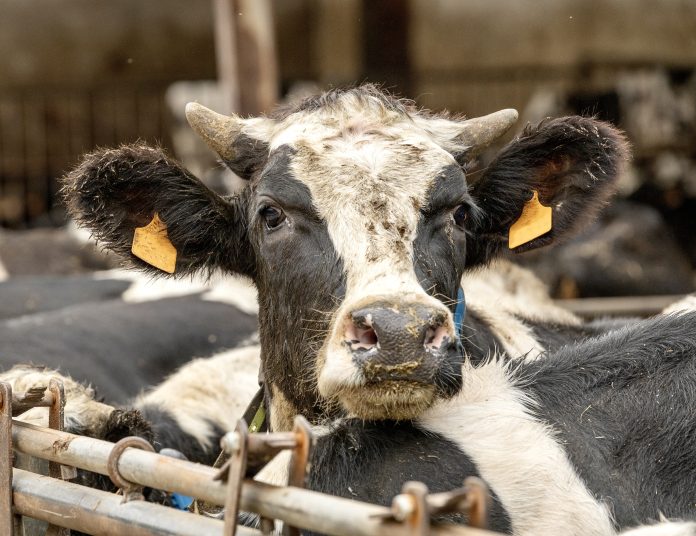
Lawsuit Demands FDA Respond To Petitions Seeking A Ban On Ractopamine Used To Increase Muscle Mass In Farmed Animals
You can help all animals and our planet by choosing compassion on your plate and in your glass. #GoVeg

You can help all animals and our planet by choosing compassion on your plate and in your glass. #GoVeg